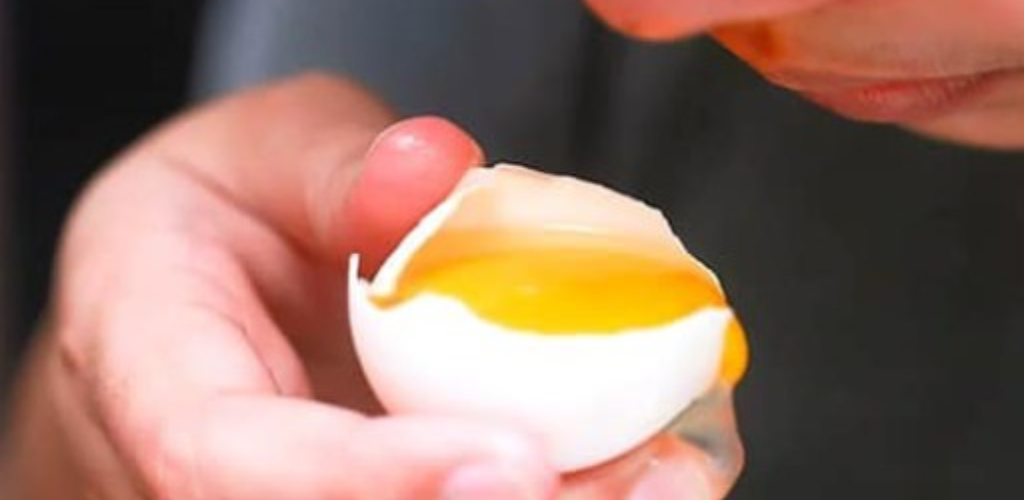I never broke bad eggs again when frying or cooking them! This technique is the secret!
Eggs are a fundamental ingredient in cooking, used in an infinite variety of dishes from breakfast to dinner. However, sometimes we find ourselves with the unpleasant surprise of breaking a bad egg.
Not only does this ruin the dish we are preparing, but it is also a waste of food and money. But don’t worry, with this foolproof technique, you will never have to face this situation again. Below, I share all the details so you can always enjoy fresh and delicious eggs.
Benefits of consuming eggs
Not only are eggs versatile and delicious, they are also packed with nutritional benefits. Here are some reasons why you should include them in your diet:
1. High-quality protein source: Eggs contain complete proteins, meaning they provide all the essential amino acids your body needs to build and repair tissue.
2. Essential vitamins and minerals: They are an excellent source of vitamins such as vitamin B12, riboflavin and folate. In addition, they contain important minerals such as iron, zinc and phosphorus.
3. Eye health: Eggs are rich in lutein and zeaxanthin, antioxidants that can reduce the risk of cataracts and age-related macular degeneration.
4. Benefits for the brain: Choline, a nutrient found in eggs, is vital for brain health and the proper functioning of the nervous system.
5. Helps in weight control: Thanks to their high protein content, eggs can help maintain satiety for longer, which can be beneficial for weight control.
Different ways to tell if an egg is bad
To avoid the unpleasant surprise of a bad egg, it is crucial to know how to identify them before using them in your recipes. Here are some effective techniques to ensure your eggs are fresh:
1. Water test: Fill a glass or bowl with water and place the egg in it. Fresh eggs sink and settle to the bottom horizontally. If the egg floats to the surface, it is a clear sign that it is spoiled and should be discarded.
2. Visual inspection: Before cracking an egg, check the shell for cracks, stains or dust. A clean, undamaged shell is a good indication that the egg is in good condition.
3. Smell test: After cracking an egg, smell it immediately. A good egg does not have a noticeable odor. If you detect an unpleasant or sulfur smell, the egg is bad and should not be consumed.
4. Checking the yolk and white: When breaking an egg into a separate plate or bowl, observe the appearance of the yolk and white. A well-formed, raised yolk, along with a thick, non-watery white, indicates freshness. If the yolk is flat or the white is very runny, it is best not to use that egg.
5. Expiration date: Always check the expiration date on the egg carton. Although eggs can last a little past this date if stored correctly, it is a good indicator of their freshness.
With these simple techniques, you can ensure that you are always using fresh eggs in your recipes, avoiding the unpleasant experience of finding a spoiled egg. Incorporating eggs into your diet not only adds flavor and versatility to your meals, but also provides you with a rich source of essential nutrients. So the next time you are going to fry or cook an egg, follow these tips and enjoy the peace of mind of knowing that your ingredients are in perfect condition.
